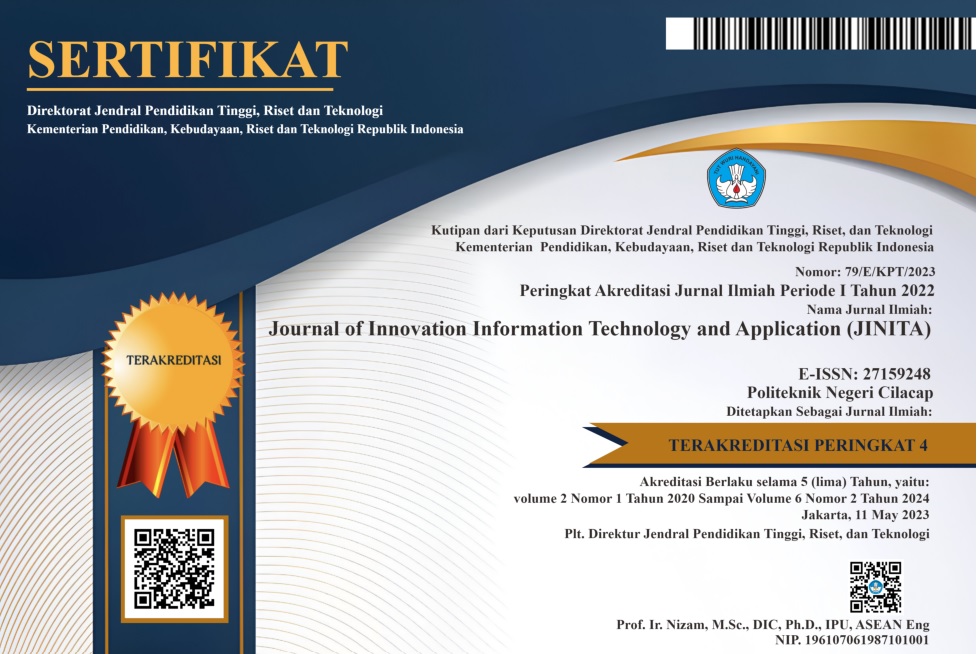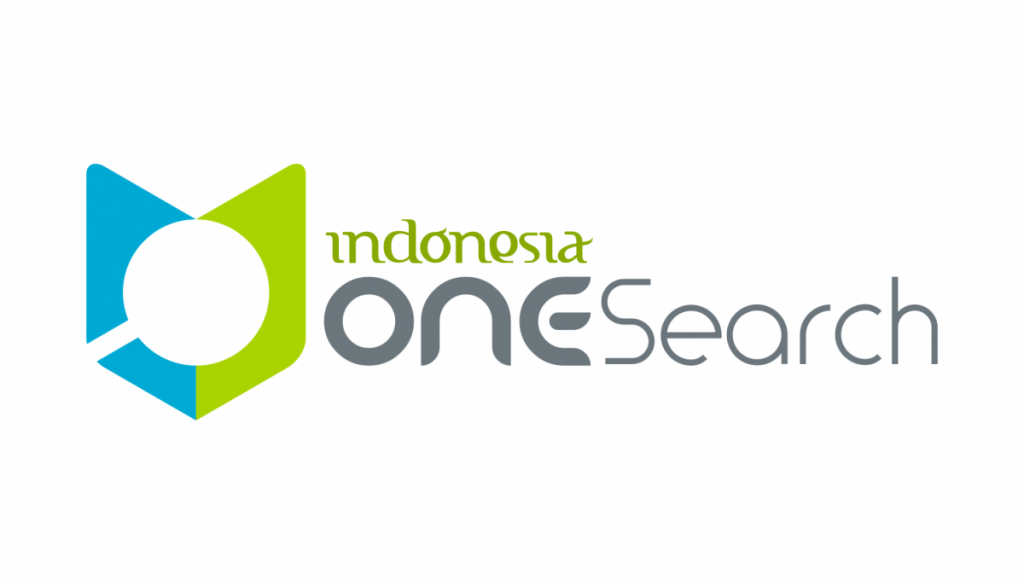Sistem Integrasi Aplikasi Desktop Klinik MCU TKI Pada Medical Center Purwokerto
 Abstract views: 321
,
Abstract views: 321
,
 PDF (Bahasa Indonesia) downloads: 247
PDF (Bahasa Indonesia) downloads: 247
Abstract
Information technology integration is expected to be able to accommodate the ease and improvement in supporting database platforms through intranet and internet infrastructure. Integration is intended to blend desktop and web database systems. Medical Checkup Purwokerto is a designated place to facilitate the checkup health of the official PJTKI Banyumas Disnaker BNP2TKI. The current system, which is a check-up application, is carried out by prospective Indonesian Workers or Medical checkup units, covering many processes including registration, health checks, types, results, payments and reports. There was a buildup of operational activities Clinical work on a daily basis, by the administrator of the medical record so that management aimed at developing a web-based clinical information system includes the scope of the processed database components, access authorization, and security. The method used is the software development life cycle (SDLC) with the Evolutionary Prototype Model. Results, patient data can be integrated as a whole process flow with a client-server network architecture
Copyright (c) 2020 Journal of Innovation Information Technology and Application (JINITA)

This work is licensed under a Creative Commons Attribution 4.0 International License.
Authors who publish with this journal agree to the following terms:
- Authors retain copyright and grant the journal right of first publication with the work simultaneously licensed under a Creative Commons Attribution License that allows others to share the work with an acknowledgement of the work's authorship and initial publication in this journal.
- Authors are able to enter into separate, additional contractual arrangements for the non-exclusive distribution of the journal's published version of the work (e.g., post it to an institutional repository or publish it in a book), with an acknowledgement of its initial publication in this journal.
- Authors are permitted and encouraged to post their work online (e.g., in institutional repositories or on their website) prior to and during the submission process, as it can lead to productive exchanges, as well as earlier and greater citation of published work (See The Effect of Open Access).
















